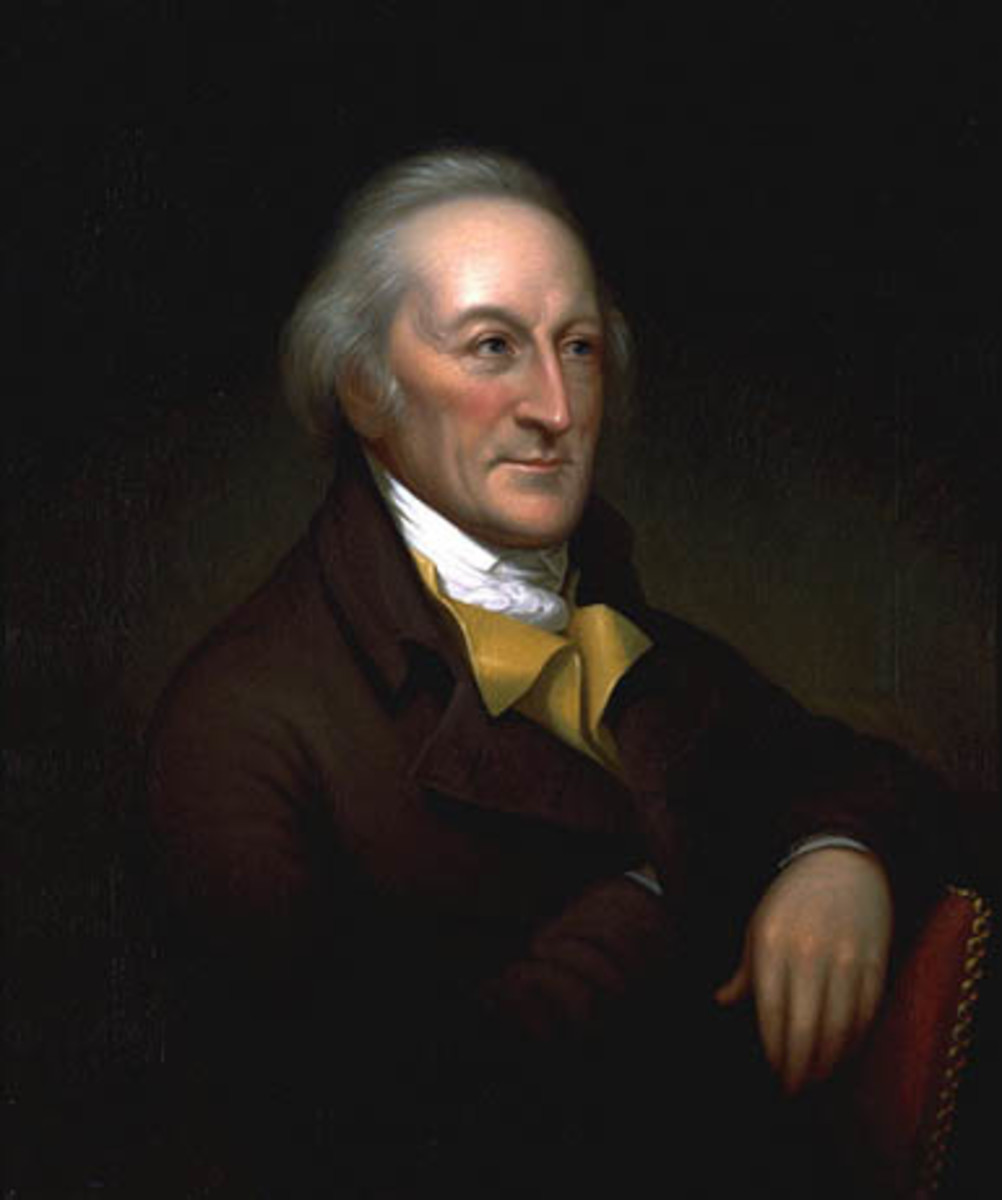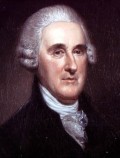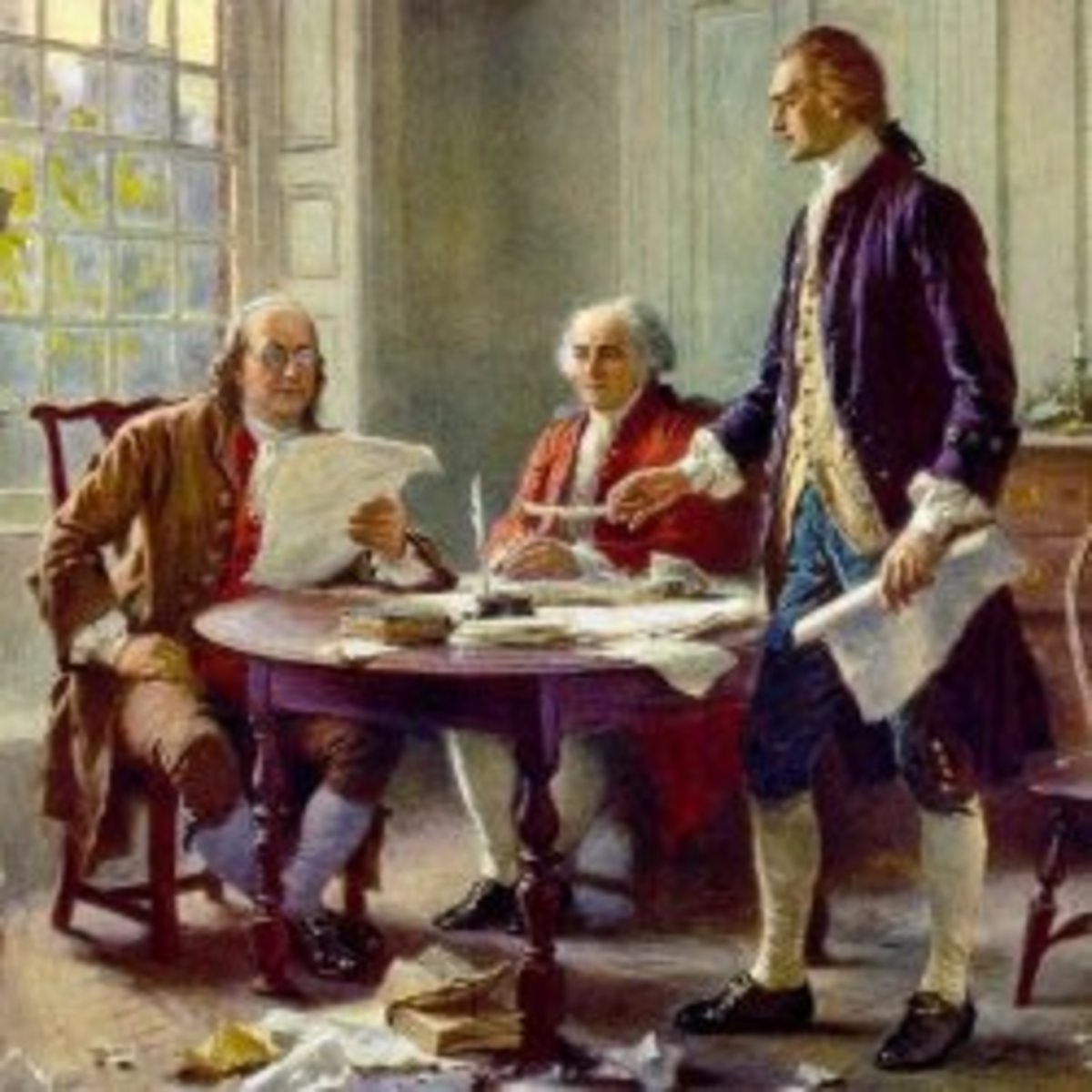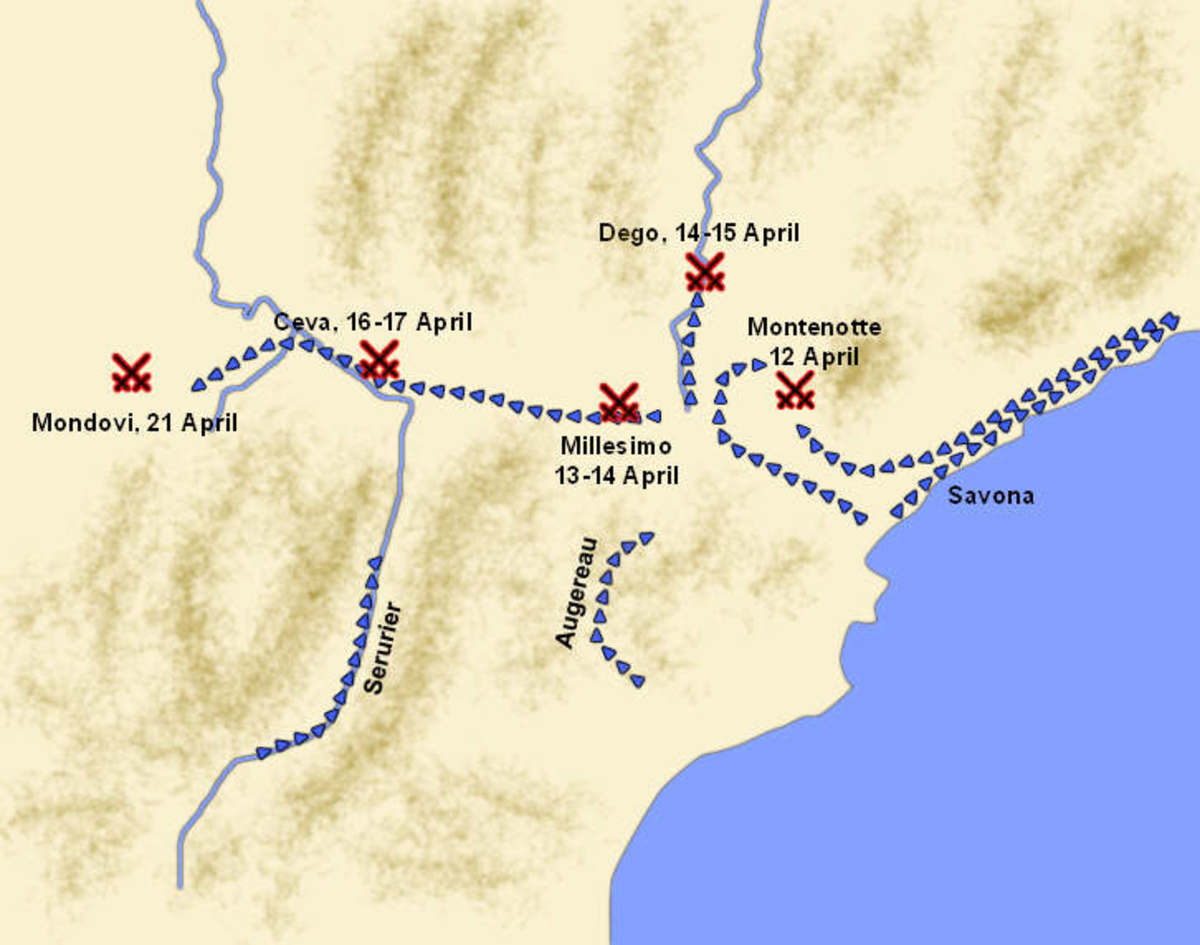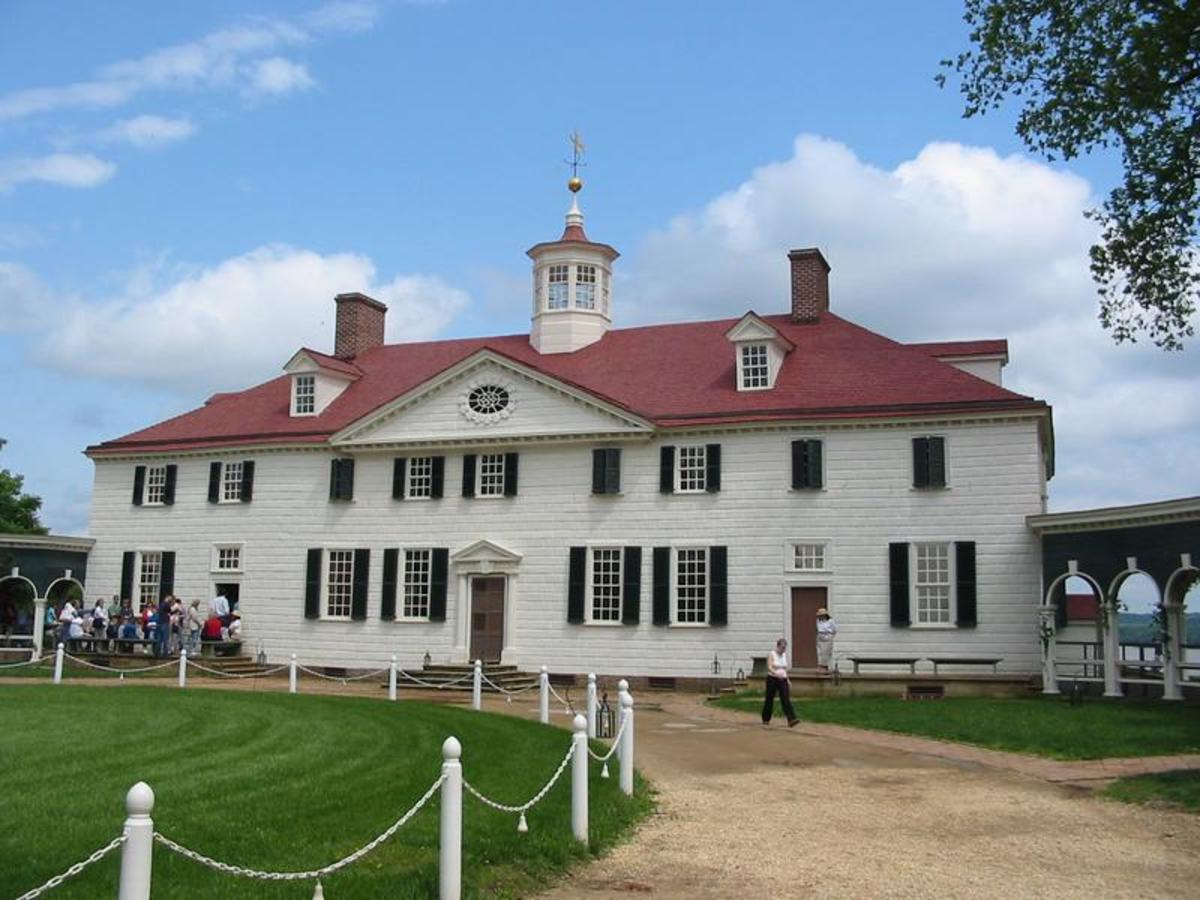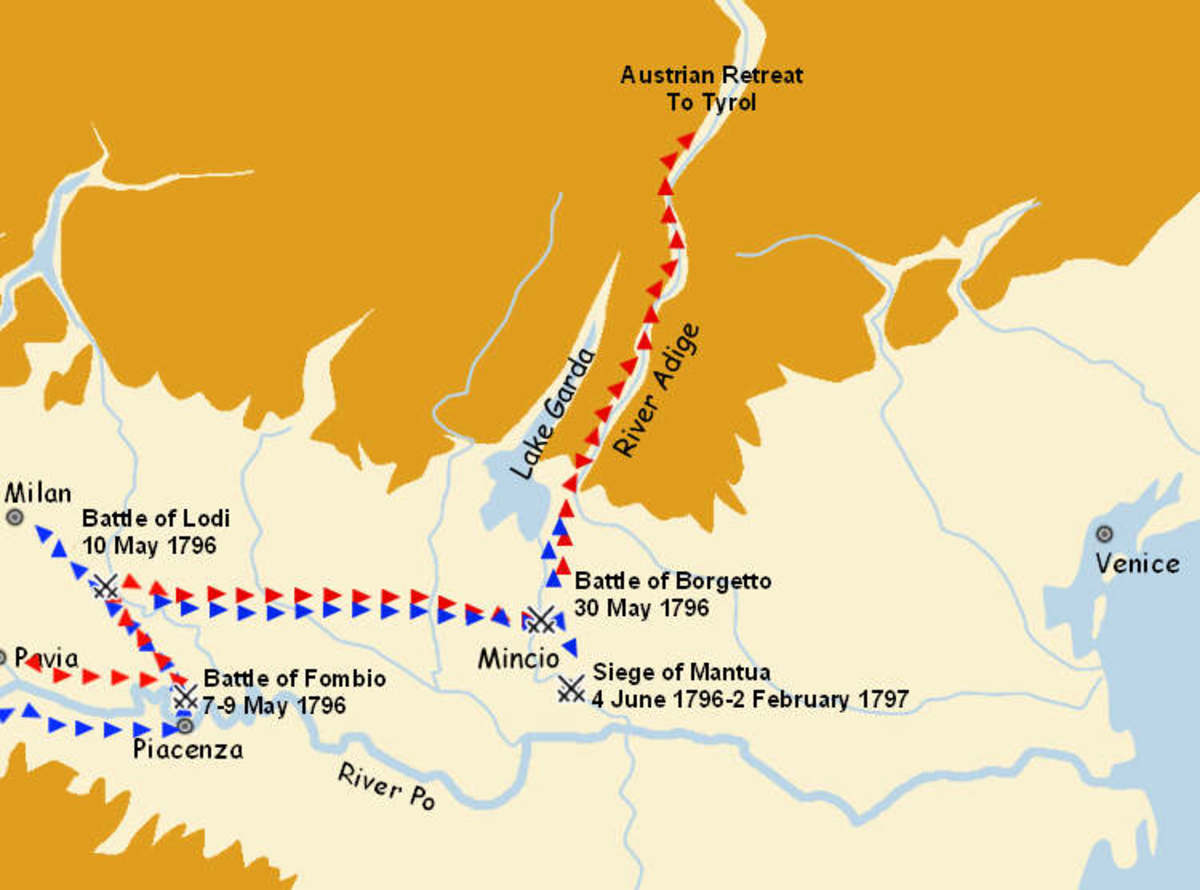- HubPages»
- Education and Science»
- History & Archaeology»
- History of the Modern Era
Tragic Life of Thomas Lynch Jr an Irish Signer of Declaration of Independence
A Fourth Generation Irish American
Thomas Lynch Jr. was a fourth generation South Carolinian who was born into a wealthy family of landholders.
While he has the distinction of being one of the eight signers of the Declaration of Independence who were of Irish descent he also, by cruel twist of fate narrowly missed becoming a part of the only father and son team to sign the Declaration. Thomas Lynch Jr. was also among the earliest of the signers to die.
Jonack Lynch, Thomas' great-grandfather migrated to the southern part of the Carolina colony from his native Ireland during the early years of its settlement. Jonack obtained and worked a small farm in the low country along the Atlantic coast. While a hard worker, Jonack had only modest financial success in life and, when he died, left his small holdings to his son Thomas Lynch.
Thomas Lynch Jr
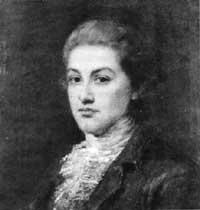
Grandfather Thomas Lynch Secured the Family Fortune
This first Thomas, grandfather of our subject, proved to be both hardworking and shrewd.
Through his labors he began to increase his income from the farm he inherited from his father while at the same time buying and cultivating surrounding lands. He owned and managed as many as seven plantations in the area with the result that he became very rich from his growing of rice and indigo the two major cash crops of colonial South Carolina.
Sometime between 1730 and 1740 the Lynch family selected a site on their lands along the North Santee River, called Hopsewee by the town of Winyah in Prince George’s Parish, to build the mansion that became the family home for the following generations.
Upon the death of this first Thomas, which occurred about 1738 his vast lands and fortune passed to his son, also named Thomas, who had been born about 1729 and was the father of the Thomas Lynch who signed the Declaration of Independence.
Father's Stroke Resulted in Thomas Jr Being Sent to Continental Congress
Thomas Lynch Sr. (1729 – 1776) was both a prominent landowner and active member of the community. He served in the colonial legislature and was a delegate to the Stamp Act Congress in 1765, the First Continental Congress and the Second Continental Congress.
As a member of the Second Continental Congress, Thomas Lynch Sr. should have signed the Declaration of Independence. However, early in 1776, while in Philadelphia serving in the Congress, he had a stroke which left him paralyzed and forced him to leave Congress.
When word of his condition reached South Carolina the provincial congress there appointed his son Thomas Jr. to join his father as part of the South Carolina delegation. While both men were members of the delegation, the elder Lynch’s paralysis prevented him from joining his son in signing the Declaration of Independence even though a space was left on the document for his signature.
While Thomas Jr. and his father have the distinction of being the only father and son team to serve in the Second Continental Congress they were denied the further distinction of being the only father and son team to sign the Declaration of Independence.
Thomas
Lynch Sr. died as the result of a second stroke which occurred in
December 1776 in Annapolis,
Maryland while attempting to return home to Hopsewee. He was buried
in Annapolis.
Thomas Jr. Education and Early Life
Thomas Lynch Jr. was born on August 5, 1749 at the family plantation at Hopsewee near the town of Winyah in Prince George’s Parish, South Carolina. He was the youngest of three children born to Thomas Lynch and his wife, the former Elizabeth Allston of nearby Brookgreen Plantation.
Thomas Jr. was the only son with two older sisters Sabrina born
in 1747 and Esther born in 1748. His mother died
about 1755 and his father married Hannah Motte shortly after. A
daughter, Elizabeth, was born to Thomas and Hannah later in 1755 or
1756.
Thomas was educated at a prominent local school and, at
the age of thirteen send to a private school in England by his
father.
Upon graduation, Thomas entered Cambridge University where, after earning his degree, studied and then practiced law in England. Returning to South Carolina about 1772, Thomas Jr. gave up the practice of Law and joined his father in civic affairs and the management of their estates.
Thomas Lynch Jr's Activity in the American Revolution
In 1775 Thomas Jr. was given a commission in the South Carolina militia and given command of a company in the South Carolina regiment. As was customary, he was responsible for recruiting and outfitting the necessary recruits to fill the company.
However, almost as soon as he had recruited and formed his company he fell ill and had to give up his command.
Not
long
after this he was called upon in 1776 by the revolutionary
government of South Carolina to join his father in Philadelphia as a
member of the South Carolina delegation to the Second Continental
Congress. Still plagued by his illness, we traveled to Philadelphia
where he joined his father and became the fifty-second signer of the
Declaration of Independence.
With his health declining,
he was forced to leave Congress and Philadelphia late in 1776.
Joining
his father, who was also in ill health due
to his stroke,
the two headed home to South Carolina. However,
they only made it as far as Annapolis, Maryland before his father's
health gave out and he died.
Early Death at Sea
Following his father’s death in Annapolis, Maryland in December of 1776, Thomas Jr. continued his journey home to his wife, the former Elizabeth Shubrick. Due to his ill health, he and Elizabeth retired to Peachtree Plantation, one of the many that they owned, on the South Santee River.
In
1779, on the advice of his doctors, Thomas and Elizabeth decided to
make their way to the south of France in
an attempt to recover his health. They set sail for St. Eustatius, a
Dutch Island in the West Indies whose governor and population were
supporters of the Americans and their revolution, where they planned
to transfer to a ship bound for France. However, the ship and all of
its passengers vanished at sea.
Although only thirty at
the time of his death,Thomas Lynch had left his mark on American
history. Born to wealth, he elected to work and serve his family and
country rather than resting in the comfort and security his wealth
offered to him.
Hub 14 for 30 Hubs in 30 Days Challenge

This content is accurate and true to the best of the author’s knowledge and is not meant to substitute for formal and individualized advice from a qualified professional.
© 2010 Chuck Nugent

